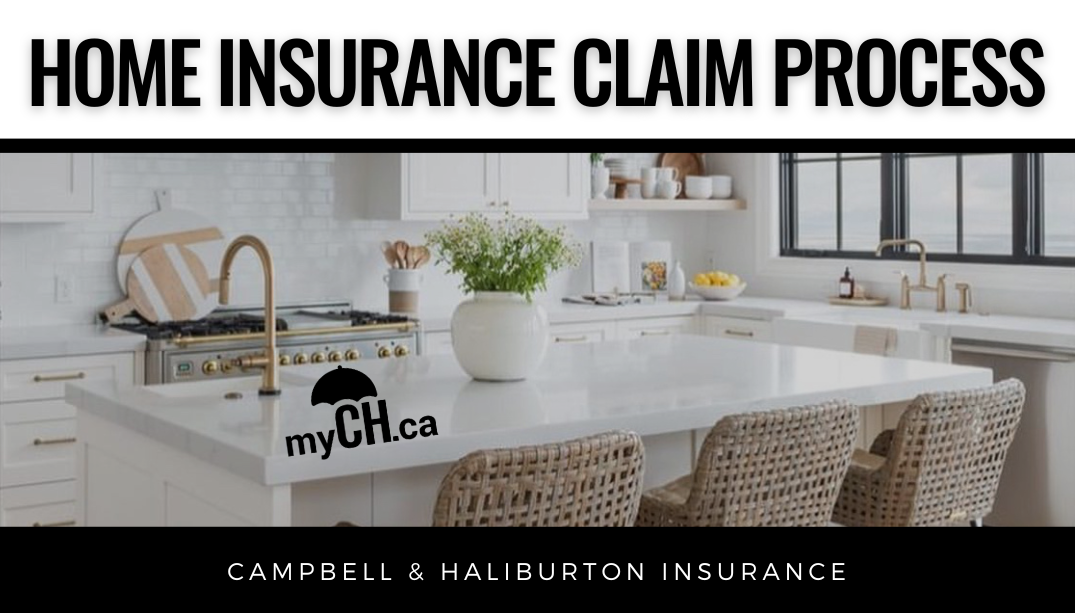There are many reasons why you may need to make a property claim. After a storm, your sewage could back up into your basement. Your home could be burglarized and/or vandalized. A fire could destroy your kitchen. A tree or a vehicle could damage your property.
The amount you receive for your loss will depend on the type of coverage you invested in. Further, after claiming the damaged or destroyed property, you may be eligible for additional living expense reimbursement. However, in certain circumstances, you may need to temporarily relocate.
If you are the victim of theft or vandalism, contact the police right away!
The 7 Step Process
1. Call Your Broker
Call your insurance broker as soon as possible! This is the most important step!
2. Provide Details
Details are critical. Provide as much information as possible about the circumstances and damage. Take photographs if it is safe to do so.
3. Entitled Expenses
If your home is unfit to live in, ask your insurance broker about the expenses you may be entitled to. Further, keep all receipts and invoices for additional living expenses after your loss.
4. Next Steps
A claims specialist or adjuster (who is paid by your insurance company) will contact you. They will then investigate the circumstance of the loss, examine documentation and explain the next steps.
They will also:
- Determine the facts related to the claim,
- the extent of what is covered by your insurance policy, and
- attempt to reach an agreement with any other people involved about the amount of their loss and the extent of their responsibility.
5. Proof of Loss Form
Your insurance company will ask you to complete and return a proof of loss form after the incident. If any of the statements you make on the form are untrue, your insurance and claim may be voided. This form lists the property and/or items that were damaged or lost, and their estimated value or cost.
On the form, you will be asked to:
- Make a complete list of all damaged, destroyed or stolen items.
- Attach proofs of purchase, receipts, police reports, owner’s manuals and warranty, if possible.
- Attach photos of damaged items.
- Keep damaged items unless they are dangerous or a health hazard.
- A current home inventory can help if you experience a loss.
- Sign and swear that the statements you make in the proof of loss are true.
6. Review Your Policy
Review your insurance policy. Further, make sure to become familiar with specified deductibles, coverage limits and replacement values.
If you make a claim, the amount you receive will depend on the type of coverage you bought.
Insurance companies have three options for your damaged or stolen items:
- Repair,
- Replace,
- Reimburse.
PLEASE NOTE: Your policy requires that you take all necessary steps to limit further damage.
7. Hire A Contractor or Supplier
Ask your insurance representative if you can hire a contractor or supplier of your choice to do repairs. If so, discuss the costs. Make sure the contractor or supplier respects the price and specifications that you and your insurer agree on.
Get Good Home Insurance
Sometimes you can do everything possible and still have a break-in. Our home insurance experts at Campbell & Haliburton can help you deal with the cost of your lost items and any structural damage caused during the break-in. Contact our Regina Insurance brokers to find out more about your coverage.
As you walk out of our door, you can do so with the assurance that you are covered with the home insurance that best meets your needs. If you don’t have an insurance broker and want to talk to someone who is truly passionate about your insurance, contact us at Campbell & Haliburton Insurance. We would love to help you.

